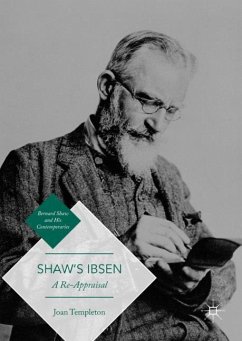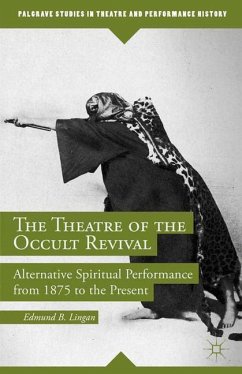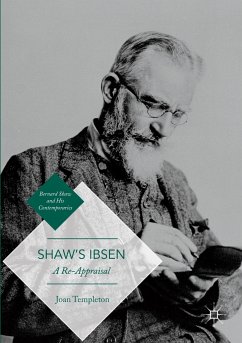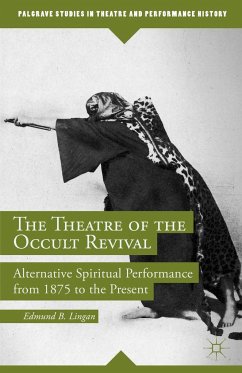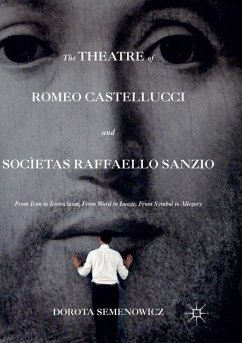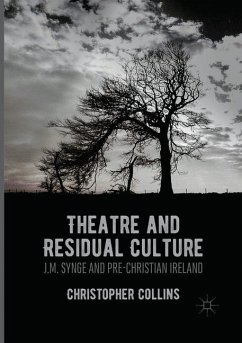
The Britannia Panopticon Music Hall and Cosmopolitan Entertainment Culture
Versandkostenfrei!
Versandfertig in 6-10 Tagen
76,99 €
inkl. MwSt.
Weitere Ausgaben:

PAYBACK Punkte
38 °P sammeln!
Focusing on Glasgow's earliest surviving music hall, the Britannia, later the Panopticon, this book explores the role of one of the city's most iconic cultural venues within the cosmopolitan entertainment market that emerged in British cities in the nineteenth century. Shedding light on the increasing diversity of commercial entertainment provided by such venues - offering everything from music hall, early cinema and amateur nights to waxworks, menageries and freak shows - this study also encompasses the model of community-based, working-class music hall which characterised the Panopticon's la...
Focusing on Glasgow's earliest surviving music hall, the Britannia, later the Panopticon, this book explores the role of one of the city's most iconic cultural venues within the cosmopolitan entertainment market that emerged in British cities in the nineteenth century. Shedding light on the increasing diversity of commercial entertainment provided by such venues - offering everything from music hall, early cinema and amateur nights to waxworks, menageries and freak shows - this study also encompasses the model of community-based, working-class music hall which characterised the Panopticon's later years, challenging narratives of the primacy of city centre variety.
Providing a comprehensive analysis of this dynamic popular theatre of the industrial age, Maloney examines the role of the hall's managers, marketing and promotional strategies, audiences, and performing genres from the hall's opening in 1859 until final closure in 1938. The book also explores stage representations of Irish and Jewish immigrant communities present in surrounding city centre areas, demonstrating the Britannia's diasporic links to other British cities and centres in North America, thus providing a multifaceted and pioneering account of this still extant Victorian music hall.
Providing a comprehensive analysis of this dynamic popular theatre of the industrial age, Maloney examines the role of the hall's managers, marketing and promotional strategies, audiences, and performing genres from the hall's opening in 1859 until final closure in 1938. The book also explores stage representations of Irish and Jewish immigrant communities present in surrounding city centre areas, demonstrating the Britannia's diasporic links to other British cities and centres in North America, thus providing a multifaceted and pioneering account of this still extant Victorian music hall.



